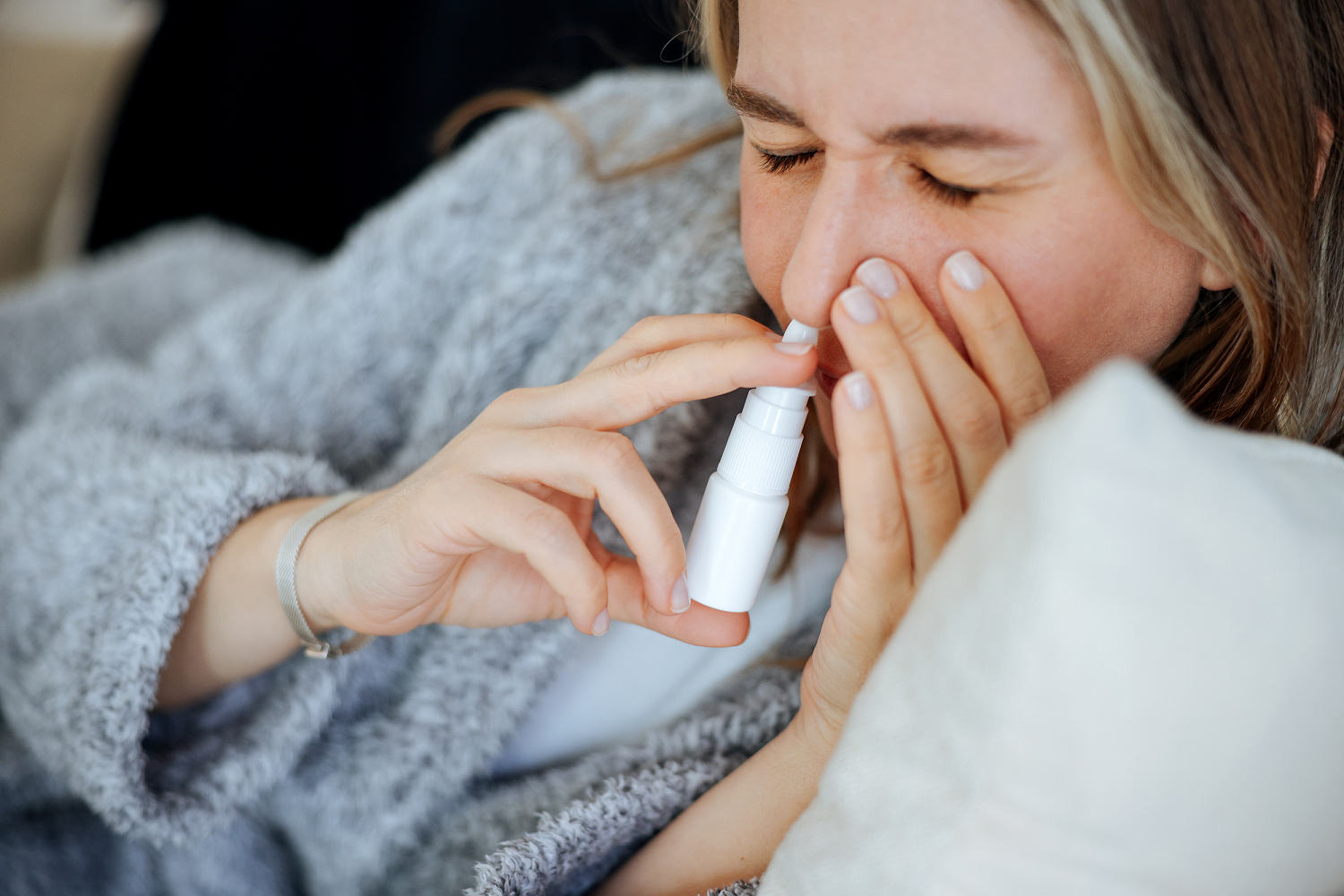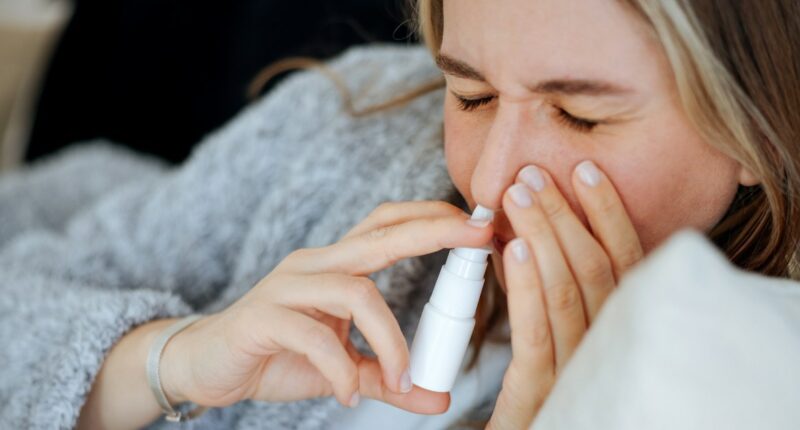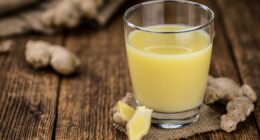Share this @internewscast.com

A widely used over-the-counter nasal spray, known for its safety in treating seasonal allergies, might also help prevent Covid infections, based on findings from clinical trials shared on Tuesday.
Studies increasingly indicate that the antihistamine azelastine acts as an antiviral against various respiratory infections, such as influenza, RSV, and the virus responsible for Covid.
Researchers at Saarland University Hospital in Germany involved 450 adults, predominantly in their early 30s, in their study. The first group of 227 participants applied a nasal spray puff in each nostril three times daily, while the remaining 223 used a placebo spray following the same routine.
Throughout almost two months, all participants received Covid rapid tests twice weekly. By the study’s conclusion, the azelastine group’s Covid infection rate was 2.2%, considerably lower than the 6.7% observed in the placebo group.
Azelastine also seemed to lower the incidence of other respiratory infections with symptoms, as highlighted in a publication in JAMA Internal Medicine.
While the exact mechanism remains unclear, researchers suspect azelastine might attach to the virus in the nasal mucosa, a moist lining in the nose that pathogens must navigate to invade the body, and may block a critical enzyme necessary for the virus’s replication.
Another possibility is that azelastine interacts with the ACE2 receptor, the preferred entry point which the Covid virus uses to access human cells, and prevents it from latching on.
“Our findings suggest azelastine could serve as a scalable, over-the-counter prophylactic against Covid, especially when community transmission is elevated or in high-risk settings such as crowded indoor events or travelling,” said Dr. Robert Bals, professor of internal medicine and pneumology at Saarland University and the study’s senior author.
The trial had limitations, namely that the participants were all young and relatively healthy, he said.
Bals said that azelastine should not be seen as a replacement for vaccinations, and larger studies were needed before recommending it as a routine preventative measure for the general public, and especially vulnerable groups.
Dr. William Messer, associate professor of molecular microbiology and immunology at Oregon Health & Science University, who was not involved with the trial, described the findings as “reasonably convincing” as a way to reduce overall risk, but noted the intense regimen of daily sprays used in the trial.
He questioned whether it might be easier to wear a mask to prevent Covid infections.
“The mask may be more awkward and annoying but might be easier to comply with than remembering a thrice-daily nasal spray day after day,” Messer said.
Still, “I would not discourage someone interested in giving it a try,” he said.
Other researchers called for more data demonstrating that the spray is effective in high-risk groups such as the elderly and immunocompromised who are most in need of measures to prevent infections.
Dr. Peter Chin-Hong, professor in the UCSF Health Division of Infectious Diseases, said that azelastine could find a niche as an additional Covid-blocking tool for people who already use the spray for seasonal allergies, but felt that there is insufficient evidence to endorse it more widely.
“While promising, I don’t think it’s prime time to recommend this to block transmission,” he wrote in an email. “For those 65 and older, I would still continue to recommend vaccines as my number one defence against Covid.”
However, Chin-Hong said that the results of this trial provide further indication that the nasal mucosa could be a vital target for future vaccines against Covid and other respiratory viruses as a better way of blocking infections.
“The current Covid vaccines clearly do not do a great job of protecting against infections,” he said. “We need more mucosal vaccines for respiratory viruses. There’s one which is widely used for influenza, and there’s been ongoing work in mucosal vaccines for coronaviruses, but we need to continue to advocate for federal prioritization and support of these initiatives.”












